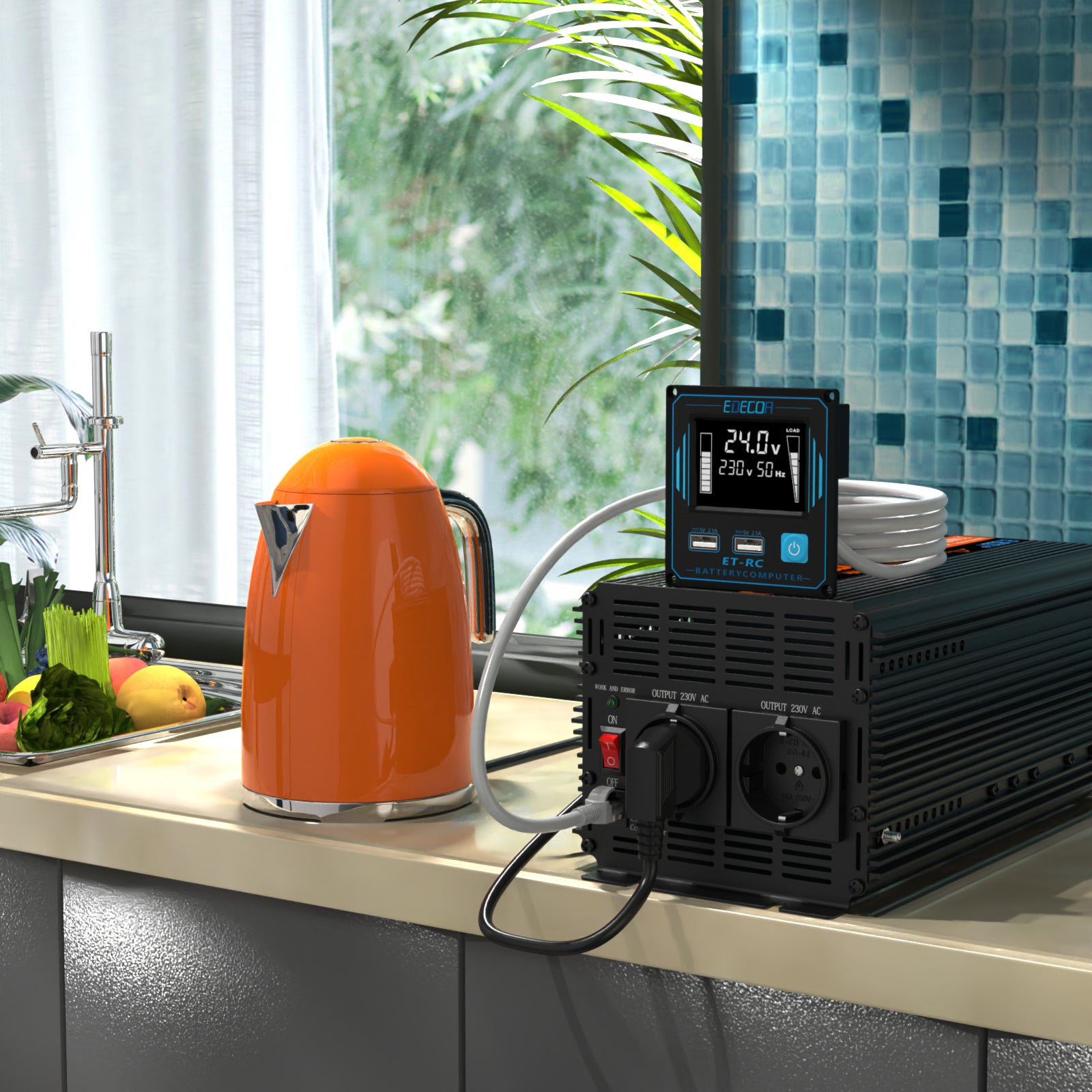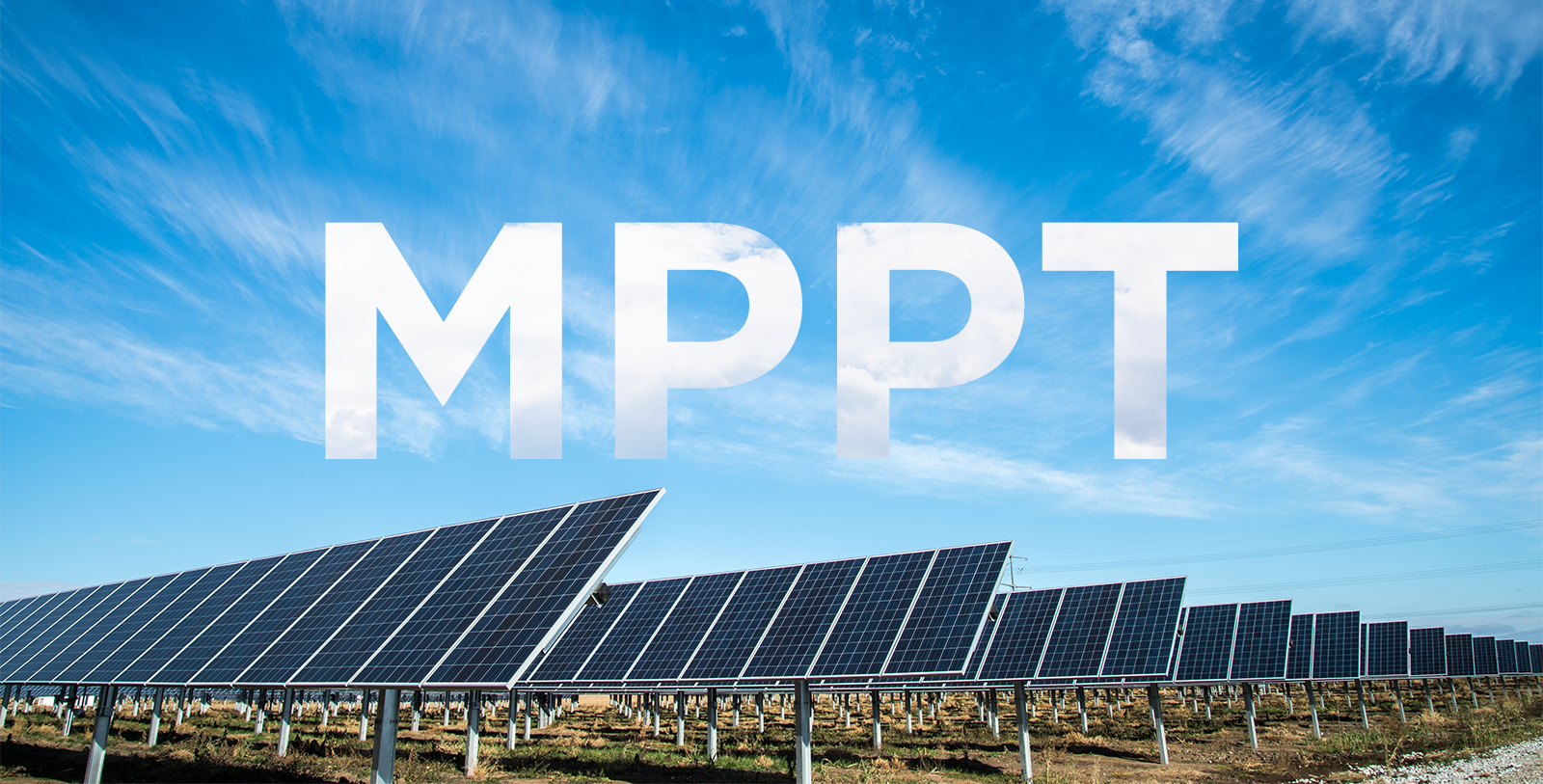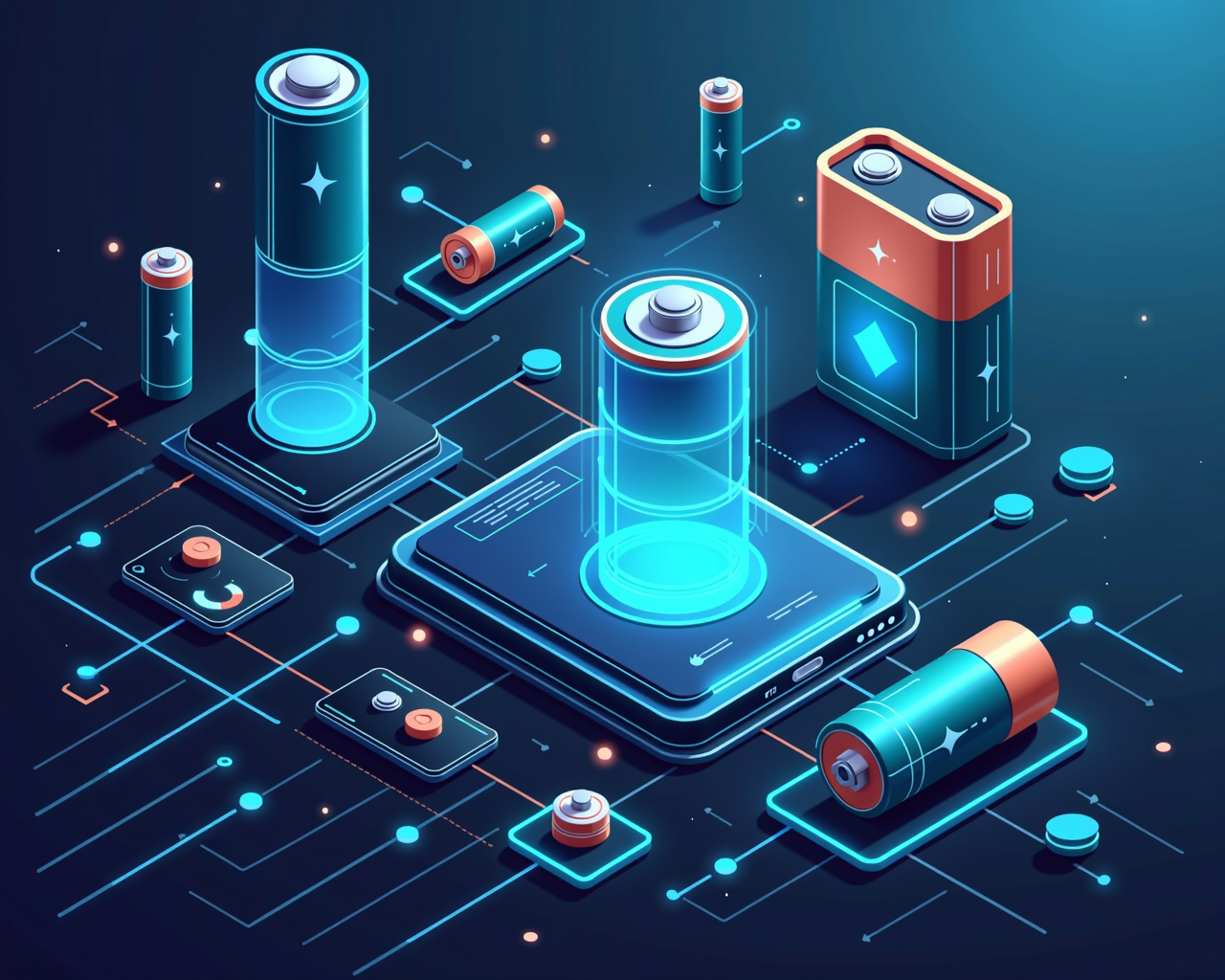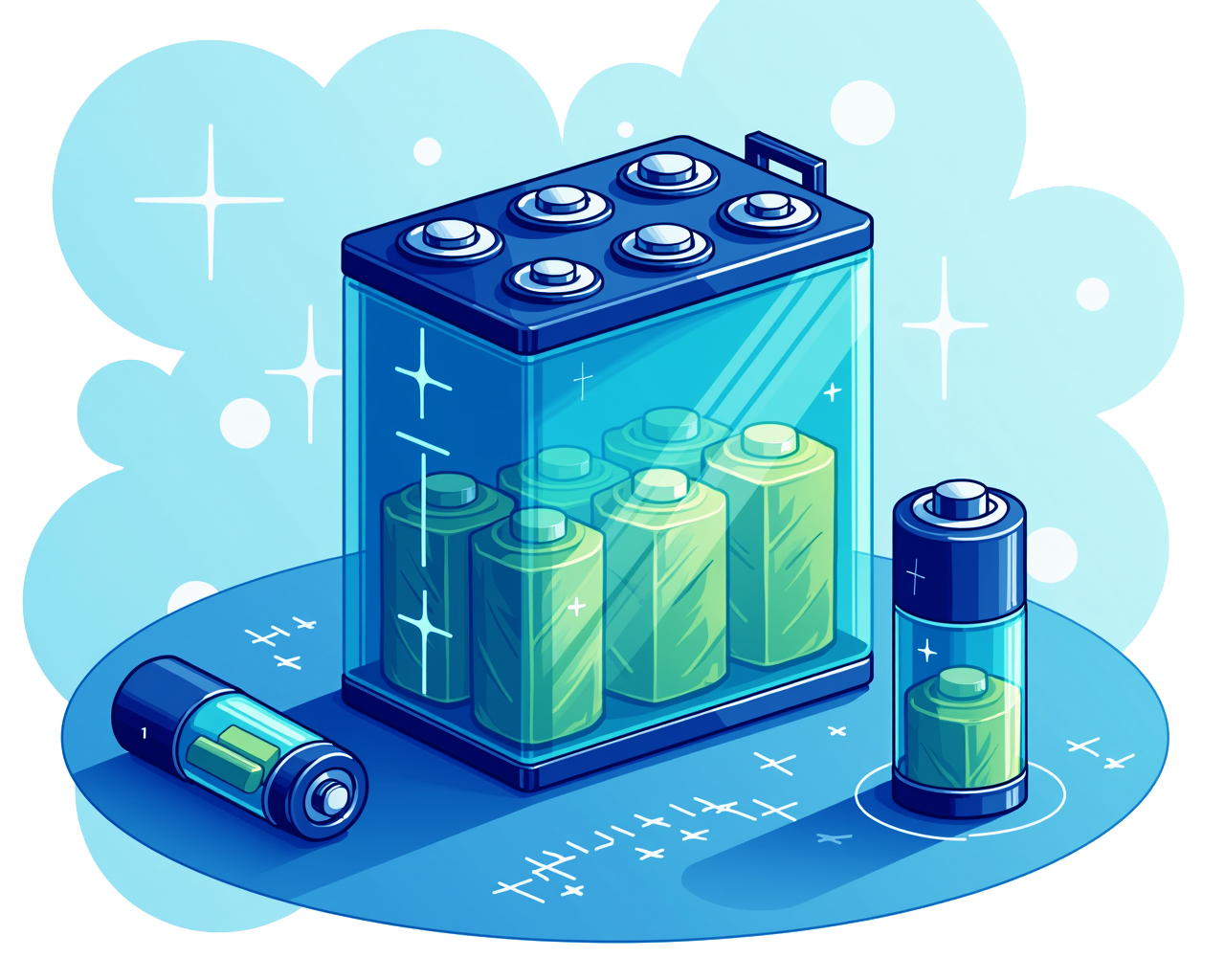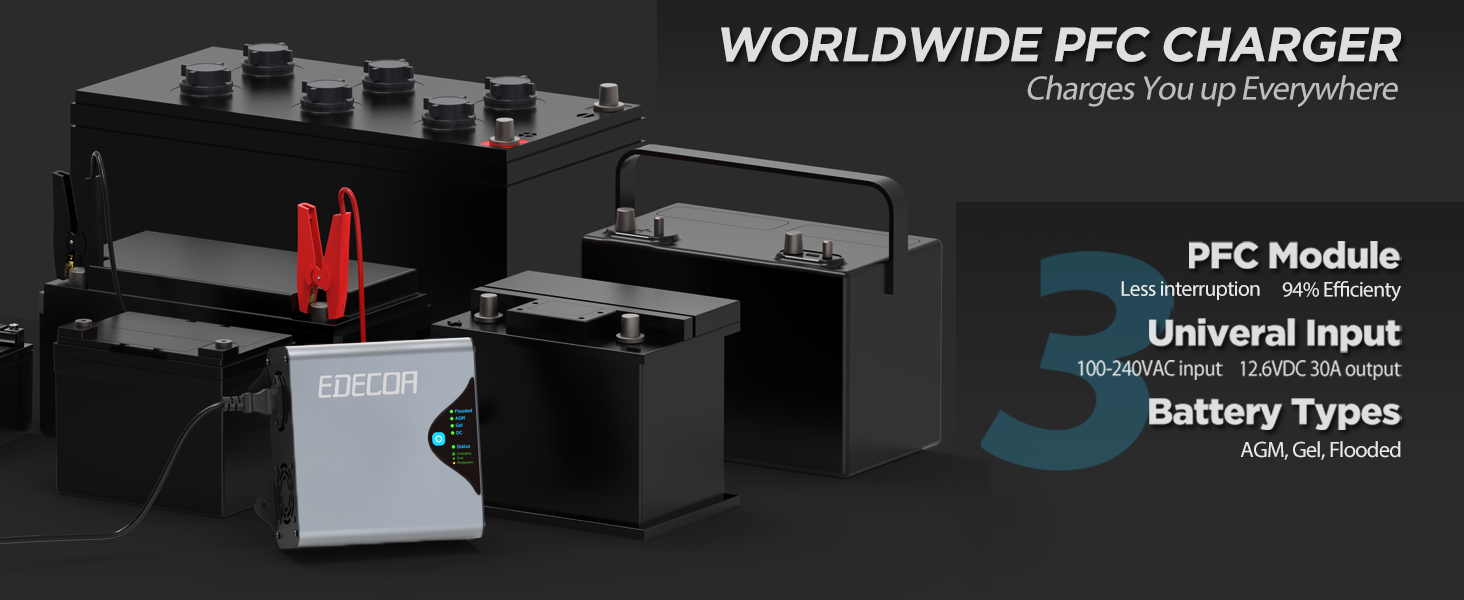News
Solar Panels: Daily Electricity Generation in Practice
Solar Panels: Daily Electricity Generation in Practice Solar panels are devices that directly convert sunlight into electricity. They play an increasingly important role in our daily lives, but how much electricity can they actually generate each day? Let's delve into...
The Heart of Inverters: IGBT In today's world of technology, the Insulated Gate Bipolar Transistor (IGBT) plays a crucial role as the core component of inverters. It acts as an "adventurer" in the realm of electrical engineering, bridging the gap...
MPPT: Key to Optimizing Energy Utilization
What is MPPT? The inverter is an important device that converts DC energy into AC energy. In renewable energy systems, such as solar photovoltaic (PV) systems, the DC power generated by PV panels needs to be converted into AC power...
Blog posts
Choosing the Right Battery for Your Needs
Choosing the Right Lithium-Ion Battery for Your Needs: A Comprehensive Guide Selecting the right lithium-ion battery is crucial for ensuring optimal performance and longevity in your devices and applications. With various types of Li-ion batteries available, each offering distinct advantages,...
Exploring the World of Lithium-Ion Batteries: A Guide to Different Types and Their Applications
In today's fast-paced world, energy storage solutions have become more critical than ever. Among the myriad of options available, lithium-ion (Li-ion) batteries stand out as a leading choice due to their high energy density, long lifespan, and versatility. At EDECOA,...
Ampere-Hour: The Relationship between Battery Capacity and Usage Time
Ampere-Hour: The Relationship between Battery Capacity and Usage Time Ampere-hour (Ah) is a unit of measure for battery capacity, indicating how much current a battery can supply for how long. It is the product of current (ampere) and time (hour)....


